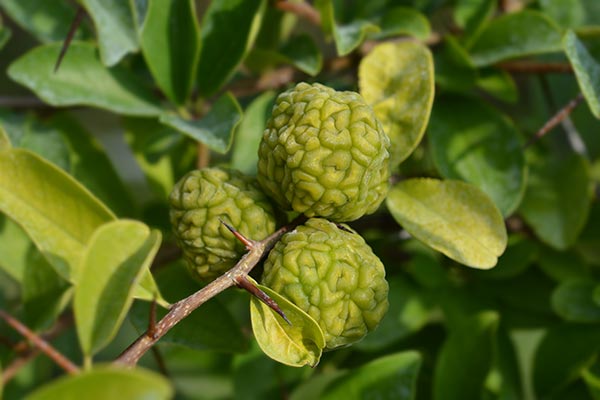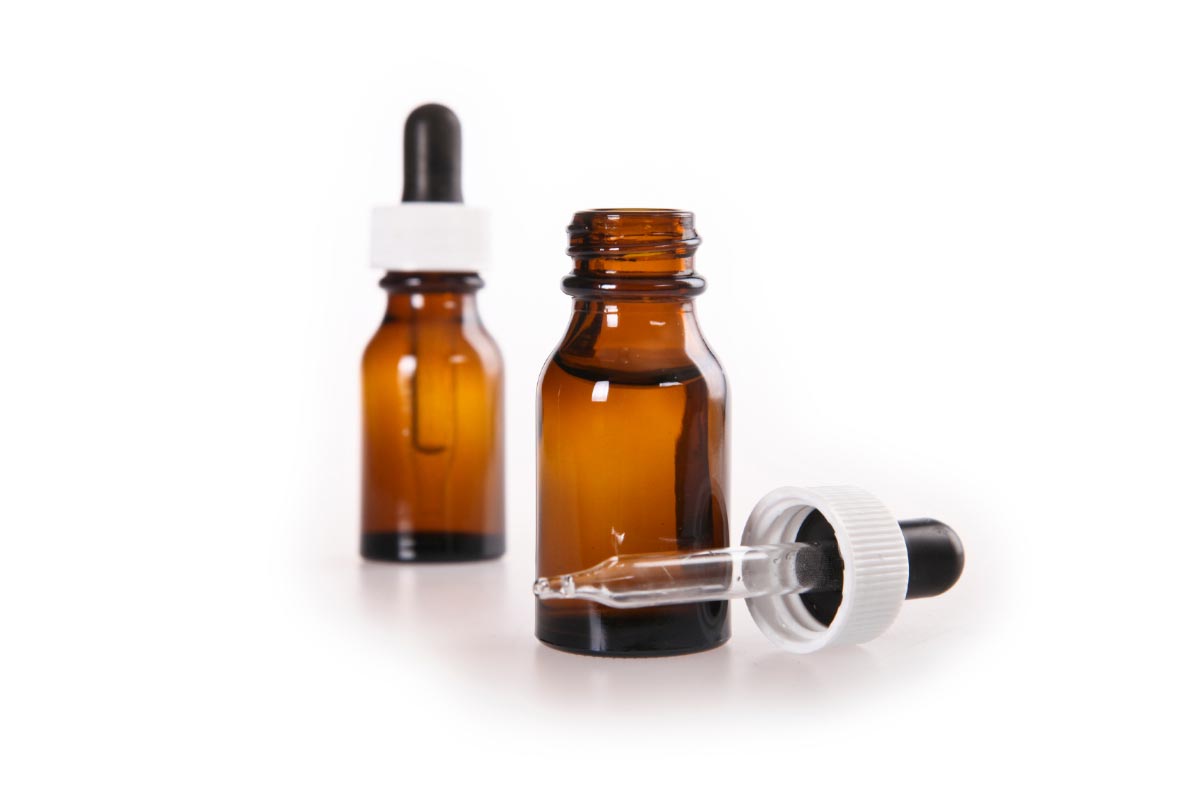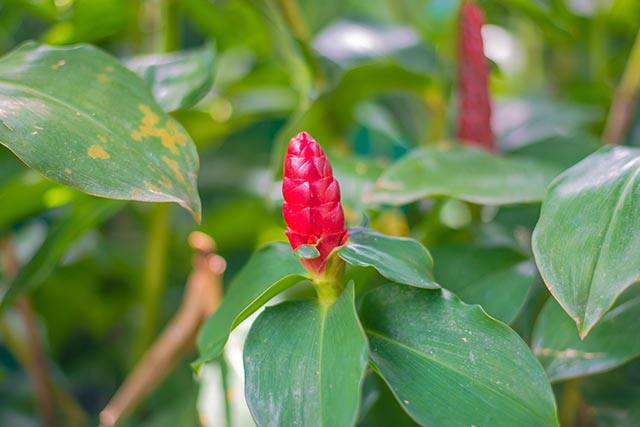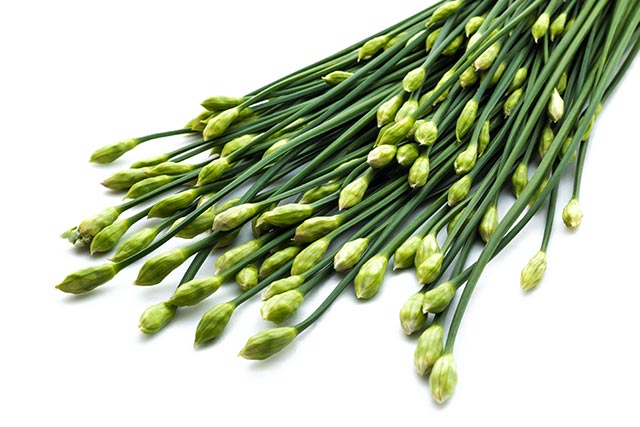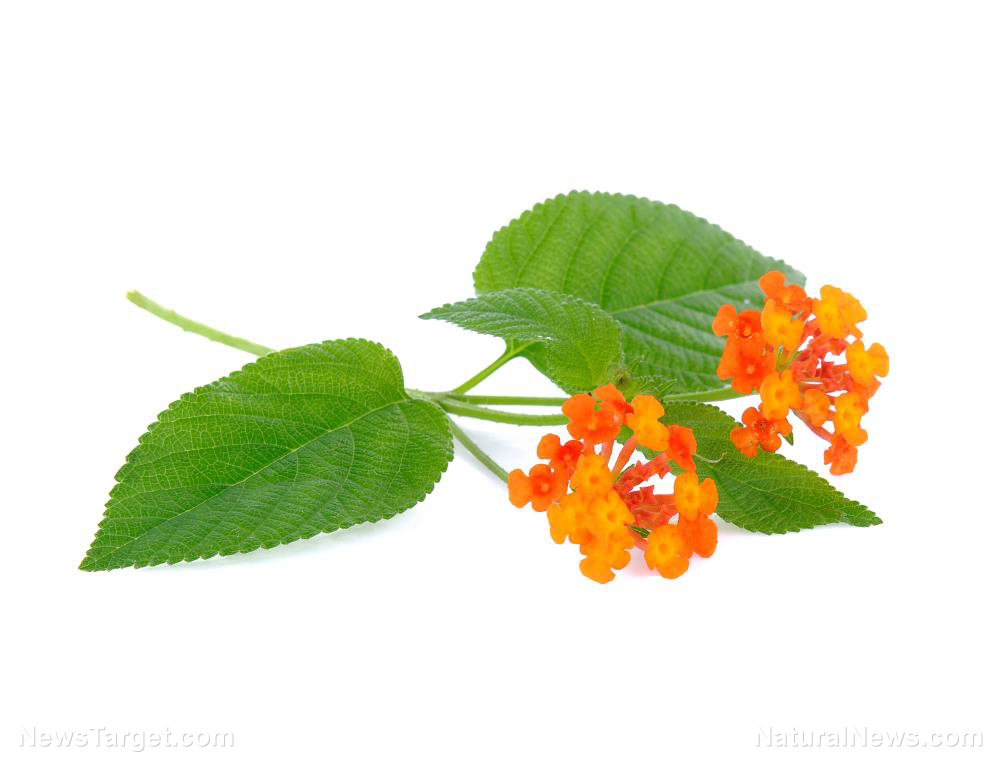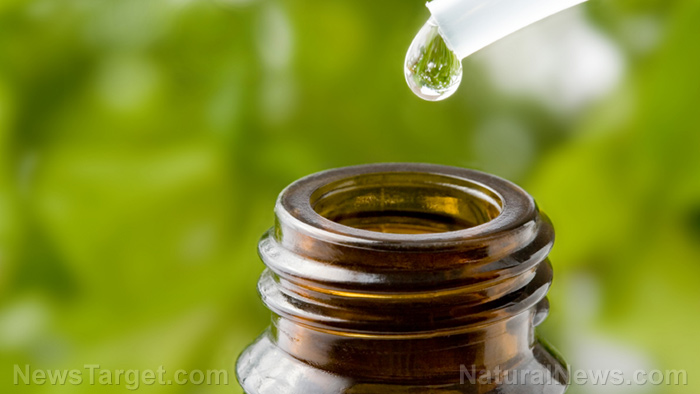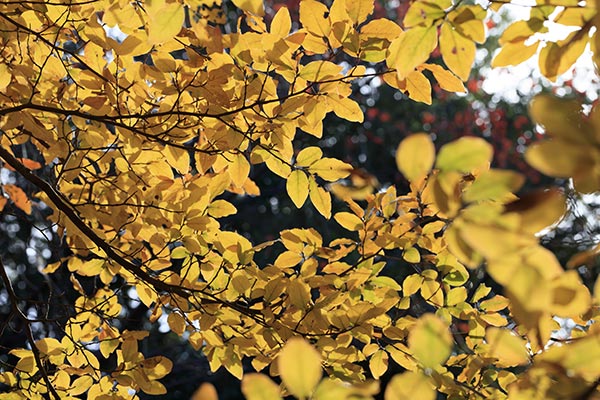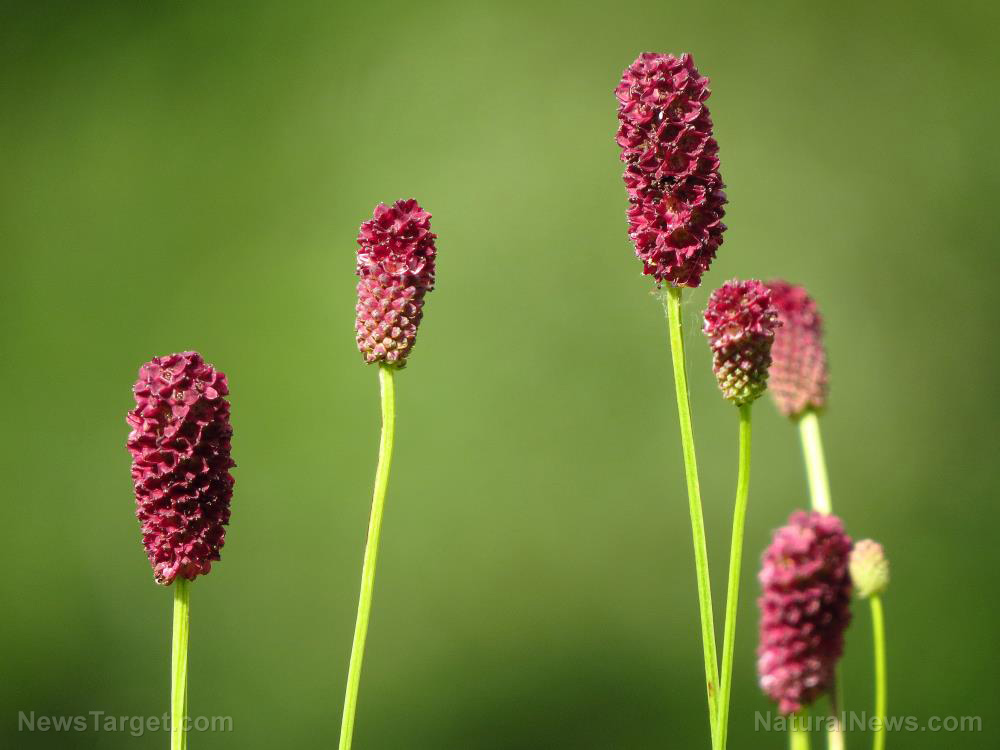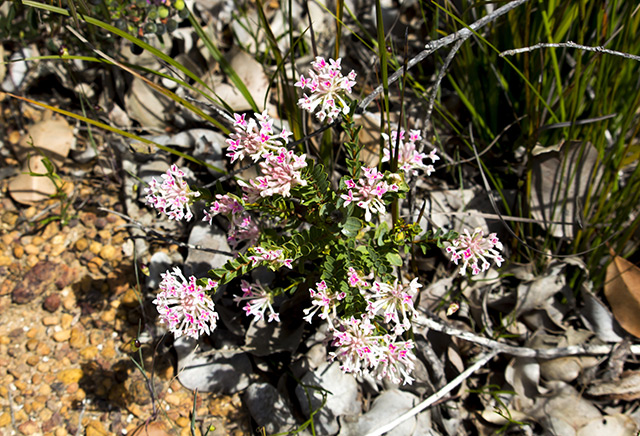Natural medicine: Study finds that wooly bluecurls may be a potential cure for rheumatism
11/29/2018 / By Ellaine Castillo

More than 46 million Americans suffer from some form of rheumatic disease. If left untreated, the condition could lead to a loss of function in the affected body part. These include joints, muscles, kidneys, heart, and brain. Wooly bluecurls (Trichostema lanatum) is an herb traditionally used by the Chumash people of Southern California as a natural remedy for rheumatism. However, until recently, no scientific literature has been found to back up the efficacy of the plant for these purposes. In this study, which appeared in Medicines, the researchers evaluated the antibacterial and immunomodulatory activities of extracts from the leaves of wooly bluecurls to provide evidence for its traditional uses.
Rheumatism is an umbrella term for more than a hundred diseases that are associated with macrophage-mediated immune responses like inflammation. Because of this, the majority of treatments for rheumatic diseases involve the use of immunomodulatory compounds, which have been found in many medicinal plants. One of the ways through which these compounds work is by reducing the amount of pro-inflammatory chemicals, like tumor necrosis factor-alpha (TNF-alpha), produced by macrophages. It is important to regulate TNF-alpha levels because too much of it can lead to sepsis, tissue damage, or chronic inflammation.
In this study, the researchers wanted to prove that the traditional uses of wooly bluecurls are backed by scientific proof. They did this by assessing the antibacterial and immunomodulatory activities of the extracts. The researchers tested antibacterial activity against six Gram-positive strains and two Gram-negative strain. Results showed that wooly bluecurls worked in a dose-dependent manner. However, it was only effective against Gram-positive bacteria. They attributed the resistance of Gram-negative bacteria to the presence of a drug-efflux system that can expel the extracts out of the cells.
To evaluate the immunomodulatory activity of wooly bluecurls, the researchers determined the concentration of TNF-alpha produced in murine macrophage cell cultures that were treated with the extracts. They observed a decrease in TNF-alpha levels as well as reduced macrophage proliferation
The researchers also identified the phytochemicals present in the extracts so that they could determine which were responsible for the antibacterial and immunomodulatory activities. Results of the phytochemical analysis revealed that the main compounds that were present were apigenin and galangin. Previous studies involving these two phytochemicals have shown that they can modulate inflammatory responses in macrophages.
Overall, the results of the study showed that wooly bluecurls has dose-dependent antibacterial activity but only against Gram-positive bacteria. The researchers also concluded that the plant is an effective natural remedy against rheumatic diseases that works by preventing macrophage proliferation and TNF-alpha production. (Related: Easy home-care remedies treat fibromyalgia joint pain.)
Types of rheumatic disease
There are many types of rheumatic disease that can affect people. The most common ones include the following:
- Osteoarthritis — This type of rheumatism affects the cartilage, which acts as a cushion for the bones in joints. As a person ages, the risk of developing osteoarthritis also increases. Fortunately, it can be prevented by maintaining a healthy weight and normal blood sugar levels, as well as participating in physical activities.
- Rheumatoid arthritis — Rheumatoid arthritis is a condition characterized by chronic inflammation due to an autoimmune response. This affects the tissue in the joints, which is mistaken as a foreign substance and attacked by the body’s own immune system.
- Fibromyalgia — People with this condition experience musculoskeletal pain all over their body. It commonly occurs after an event that has induced either physical trauma or extreme psychological stress.
Sources include:
Tagged Under: anti-inflammatory, antibacterial, disinfectant, herbal medicine, immunomodulatory, inflammation, macrophage, rheumatism, TNF-alpha, traditional Chumash medicine, traditional medicine, Trichostema lanatum, tumor necrosis factor-alpha, wooly bluecurls
RECENT NEWS & ARTICLES
Herbs.News is a fact-based public education website published by Herbs News Features, LLC.
All content copyright © 2018 by Herbs News Features, LLC.
Contact Us with Tips or Corrections
All trademarks, registered trademarks and servicemarks mentioned on this site are the property of their respective owners.


